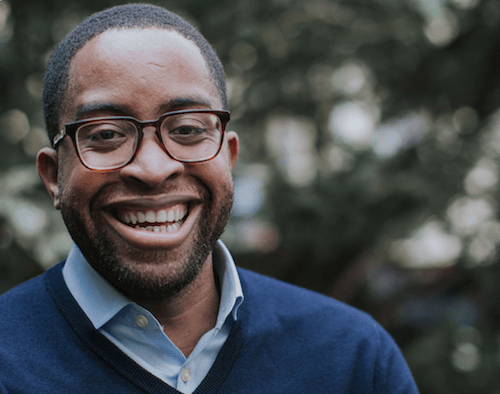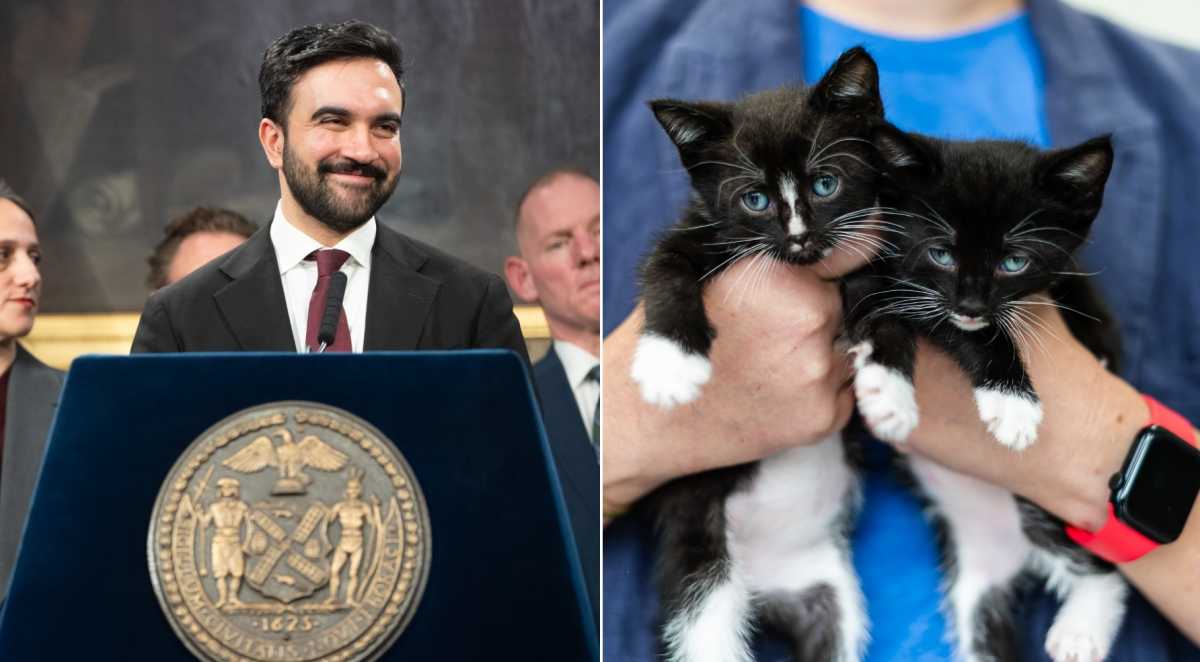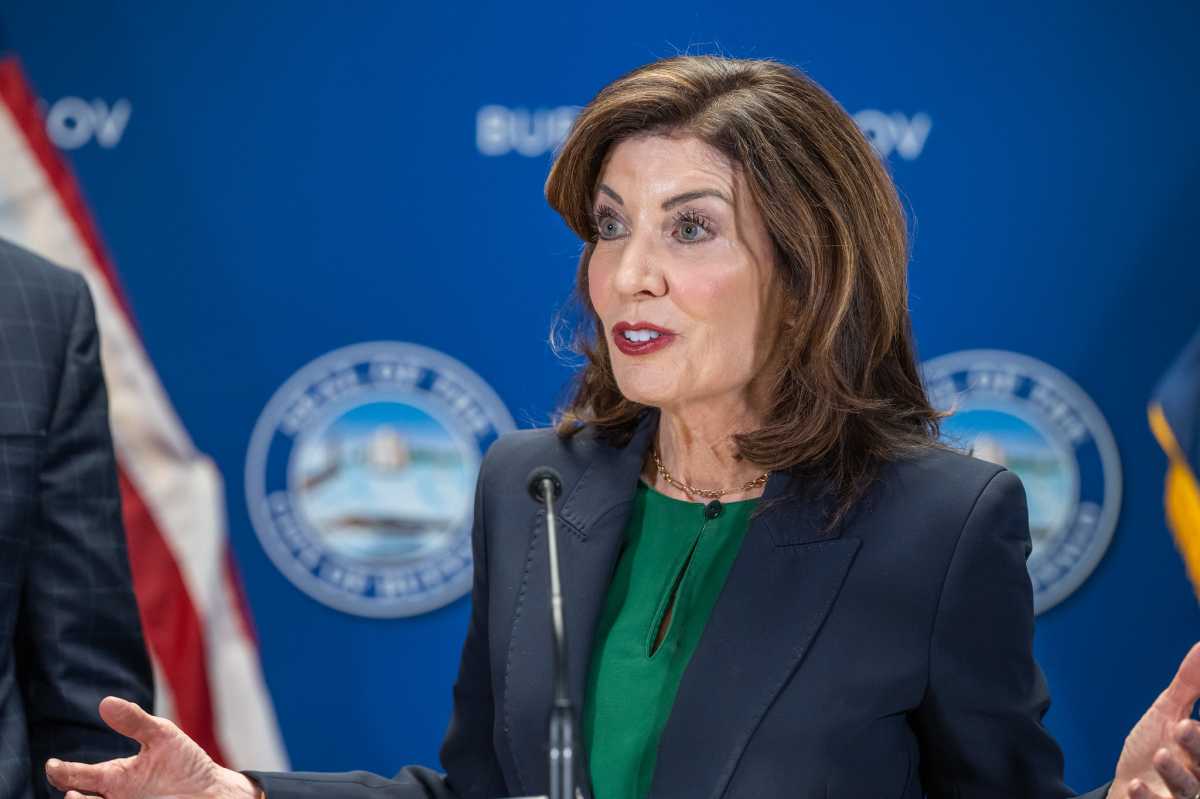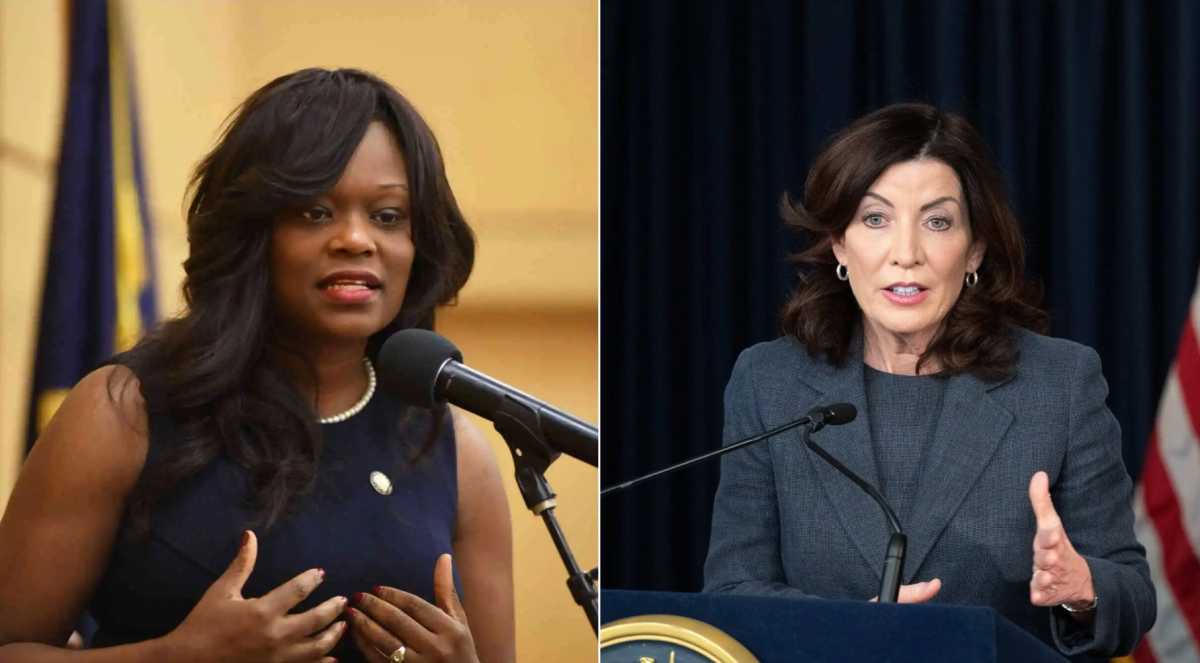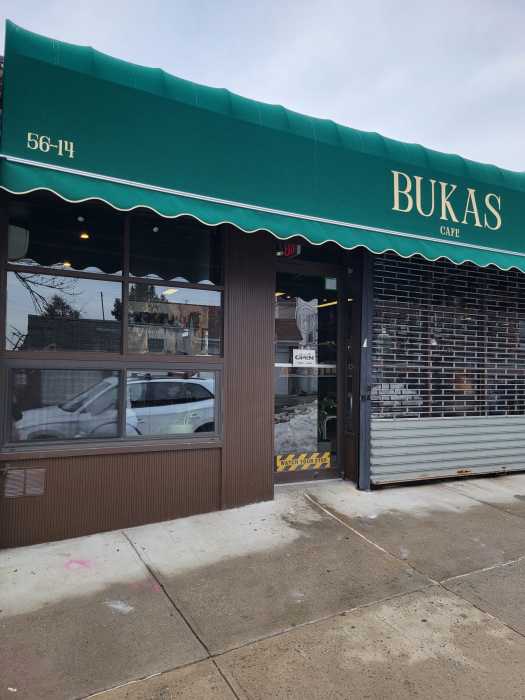A Brooklyn State Senate candidate is demanding the New York Police Department (NYPD) to implement criminal justice reforms recommended in a federal court-appointed facilitator report.


Zellnor Myrie, who challenging incumbent State Sen. Jesse Hamilton (D-Central Brooklyn) in the upcoming Sept. 13 Democratic primary, called for the repeal of the NYS Civil Rights law 50-a, which protects the anonymity of individual police officers, citing the inherently discriminatory nature of the NYPD’s stop-and-frisk practices.
The call comes off the heels of the NYPD’s recent refusal to hand over precinct-level-use-of force data, amid calls that stop-and-frisk practices disproportionately affect communities of color.
“When black and brown New Yorkers are still being unconstitutionally stopped and frisked, we must demand accountability from the NYPD and our elected leaders. Without access to the disciplinary records of police officers, we have no recourse to ensure that the civil rights of minorities across this city are being upheld,” said Myrie.
The NYPD has successfully used 50-a, which was passed by the New York State Legislature in 1976, to seal officer’s disciplinary records, body camera footage, and findings of misconduct by the Civilian Complaint Review Board.
The rule shields any police personnel records that are “used to evaluate continued employment or promotion” from being revealed publicly. Many opponents of the law, believe the protection leads to victims of police misconduct not knowing they are dealing with an officer with a history of bad behavior.
According to the report, released earlier this week, the vast majority, about 87%, of those stopped through stop-and-frisk practices were black or Latino youth between the ages of 14 and 24.
Additionally, the stops were nominally based on reasonable suspicion that a crime had occurred or was in progress and an average of only 12% of these stops resulted in an arrest or a summons.
The Honorary Jedicial Mediator Ariel E. Belen’s report lists a number of reform recommendations, some of which were written by Myrie in conjunction with the Legal Aid Society, include:
- The NYPD should develop a program for systematically receiving, assessing, and acting on information regarding adverse findings on the conduct of police officers involving illegal stops or illegal trespass enforcements.
- The NYPD should prepare and publish a monthly report — without disclosing personal identifying information — chronicling findings of misconduct and the resultant disciplinary outcomes as they relate to unlawful stops and trespass arrests.
- The NYPD should develop and publish progressive disciplinary standards to be used in cases arising from unconstitutional stops and trespass enforcement regarding excessive force, abuse of authority, discourtesy or offensive language, and racial profiling allegations.
- The NYPD should develop an application for patrol cars’ iPads and iPhones for installation into these communication devices that would allow a police officer to click and enter the approximate age, gender, race, and ethnicity of any person they approach. The location services in these devices can record the time and location of the encounter.
- The NYPD should meet on a regular basis at the Borough Command level with those individuals and organizations in their communities with whom there has not been such formal and frequent engagement in the past, including youth, special populations such as the LGBTQ community.
- A Community Collaborative Board (CCB) should be established. The CCB would be an advisor to the City, the Court, and the Monitor, but without an express oversight function. The membership should reflect the diversity of New York City, not just race and ethnicity but geography as well. It should also address the concerns of NYCHA and TAP residents.
- The NYPD should conduct more training around LGBTQ communities and de-escalation. There should also be further and continued community engagement specific to this community.
If the federal judge accepts the recommendations, the NYPD must comply. However, the federal judge’s final decision on the recommendations is expected later this year.
“I am honored to have worked with the Legal Aid Society in shedding light on much-needed reforms to stop and frisk five years after it was ruled unconstitutional. Repealing 50-a is a logical next step. If doing so saves the life of, or protects the civil liberties of just one New Yorker, then it will have been a success,” said Myrie.


